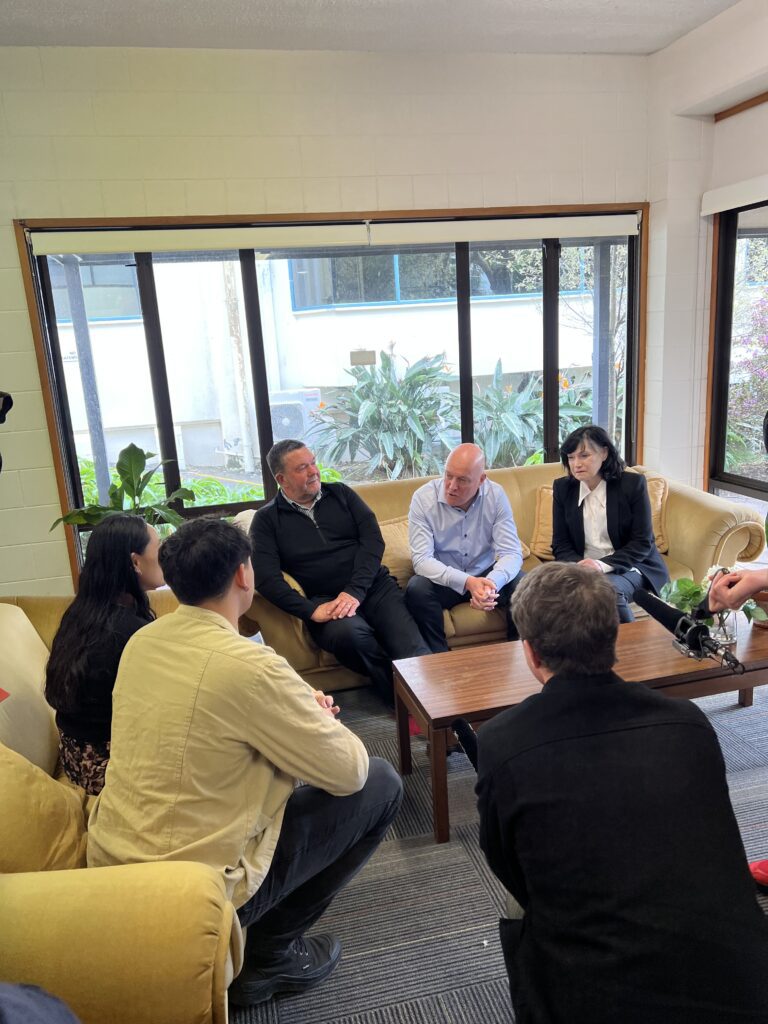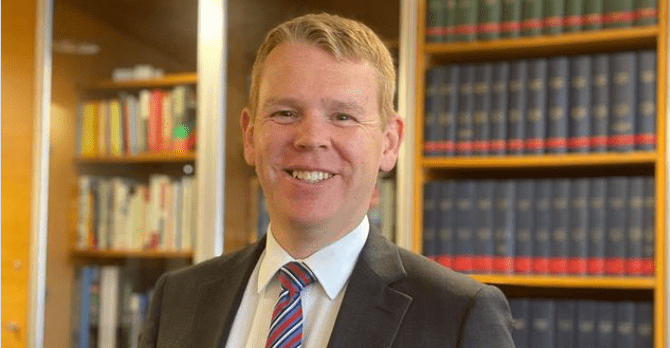NSBS is committed to delivering financial mentoring to young New Zealanders aged 15–24 not in education, employment or training (NEET) with a targeted financial wellbeing programme and money literacy skills.
Our targeted BFC (building financial capability) programme offers key skills to young school leavers, from those going on to tertiary study or jobs, to those disengaged in employment and education and who need support and guidance into a first job or apprenticeship.
Fostering financial capability among young Kiwis, or taiohi, who are disengaged in the labour market and education, and who need encouragement and empowerment for employment preparedness, is part of the Government’s strategic vision for financial capability. NSBS shares these values and vision and is committed to realising the aspirations of young New Zealanders by delivering a financial mentoring programme of social and economic change.
“Kiwis young and old face increasing costs and pressures to find their financial independence and financial security as the cost of living and inflation rises. Our financial mentoring course provides valuable budgeting skills, employability tools, and empowerment opportunities,” said NSBS CEO Drew Glucina.
“For young taiohi disengaged or inactive within the labour market or education, having financial wellbeing knowledge is one step closer to employment and apprenticeships.”
Youth who are not in employment, education, or training (NEET) in New Zealand have become a growing concern for the Government and represents a community most at risk of socioeconomic hardship, especially in a post-Covid world with high job insecurity and declining secondary school attendance rates.
The percentage of 15 to 24-year-old Kiwis not earning or learning in the year to March was 11.5% – up from 10.9% last quarter.
The economic cost of supporting taiohi NEET is significant, as is the cost to their physical and mental health, with Māori and Pasifika most at-risk. Those Kiwis who spend time not in vocational training, employment or education are statistically more likely to be unemployed, receive lower wages, have a criminal record, suffer from health problems and depression, and experience lower levels of life and job satisfaction.
As a skills-training initiative, our customised financial mentoring programme provides practical intervention, life empowerment, and work placement opportunities that will improve long-term economic outcomes.
The development of the programme is designed to prevent disengaged youth at risk of becoming a MSD beneficiary in the future, or who are at present. It addresses fundamental economic challenges, including poor health and wellbeing outcomes, low social mobility, and an entrenched productivity gap.
What they will learn on the NSBS BFC youth programme:
- Core life skills in how to manage their own day-to-day finances.
- Tools to better budgeting and money planning.
- Financial capability training, money habits and reducing money anxiety.
- KiwiSaver opt-in, fund scheme, and payments.
- How to set up a bank account and control their money online.
- Automatic payments and tithes.
- Savings accounts and interest rates.
- Online banking and contactless payments.
- Avoidance of debt.
- Credit cards and debit cards.
- Pitfalls of pay-later suppliers.
- Being financially independent and confident about money.
- Investing for beginners.
- Self-control spending.
- Overdrafts, loans and comparing borrowing options.
- Fraud and bank scams.
- Bank transaction fees.
- How to save for a goal, such as a car, a home or wedding.
- Car, contents, and health insurance.
- Friends and family members looking for a loan, borrowing or payment.


